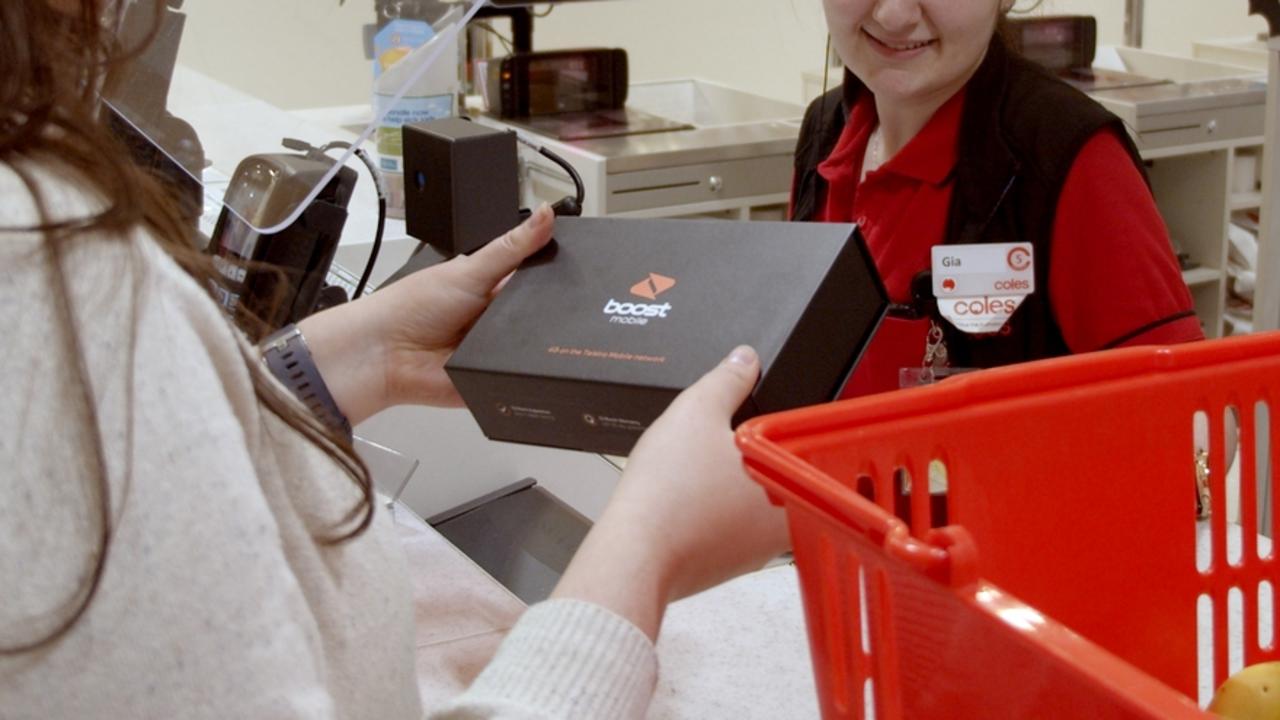Taking active charge of your super is crucial, David Koch says
TAKE charge of your super now, David Koch says, or risk running out of money in retirement.
SUPERANNUATION is the second biggest asset you’ll ever have, after a house, so it’s absolutely imperative that you take an interest, understand and actively manage it. Just because it’s not readily accessible until retirement is no excuse to be ignorant.
Ignoring it will cost you money … a lot of money.
LIFEHACKS: How to save big on fuel
Check contributions
Employee contributions usually make up the biggest portion of super accounts so it’s important to ensure that the right amount is being paid in. Most employers are spot on but some in financial trouble have been known to ‘defer’ making contributions. Double check to be safe.
Pay slips usually detail contributions but, if not, check your super statement. If anything is askew ask your employer and if that doesn’t get to the bottom of it then talk to the Australian Taxation Office.
Paying your compulsory superannuation is as important as your boss deducting tax instalments and passing them on to the Australian Taxation Office on your behalf. Failing to pay superannuation is a serious offence.
Read super statements
Member statements are a rich source of information that must not go express to the recycling.
They are sent out at least once a year and detail the start and end balance of your super over the period, contributions paid into the fund, any insurance or management costs, tax taken out and the value of investment returns.
The first page usually summarises account balance and performance compared to last period. The ’units’ in each investment option are like shares in a company. The number of units will increase with the more contributions you make, but the price will fluctuate.
The second page details what options you’re invested in. Specific details of the investment options are found in the annual fund booklet and on the website. Choosing an appropriate portfolio is crucial so dig a bit deeper to see exactly what your money is invested in.
Insurance is also set out here. It’s usually a default inclusion in every account but can be a big drain if you only have a small balance. It’s also obsolete if you’re covered by another policy so make sure the cover suits your circumstances.
There will be deductions for management and administration fees too. As a rule of thumb these fees shouldn’t exceed 1.5 per cent of a balance under $100k or 1 per cent of a balance over $100k. Do a rough calculation to make sure fees aren’t abnormally high.
The phone number at the top of the statement can be called to request further information and explanations at any time. Funds employ financial advisers exclusively for this purpose so if there’s anything you’re unsure about give them a call.

Choose a suitable investment option
This is the big one. Contributions are correct and statements are understood. Time to get proactive about managing your super.
This is where most superannuation fund investors come unstuck … they simply don’t know what option they have their money in. A few years ago we had one friend close to retirement who was beside herself with the losses on her fund. She didn’t know her money was in the “hi growth” option which was solely invested in local and overseas shares. This option was being hammered by a sharemarket crunch.
Funds offer a range of options commonly described by terms like ‘Growth’, ‘Balanced’, ‘Conservative’ and ‘Cash’. These will all have different proportions of shares, property, fixed interest and cash investments.
For each option the fund booklet will set out the strategy behind it, risks involved and projected returns. Choosing the right one for your circumstances is so important.
Dig into each option with consideration of your age, comfort with investment risk, how long you have until retirement and how much you need to fund that retirement. Young people can afford a higher risk portfolio while those closer to retirement age should opt for a more conservative one.
Also take into account investments outside your super. If there are already some risky investments in your portfolio then look at a conservative approach to super, and vice versa.
If one single investment option doesn’t suit then consider splitting your super across a few different options. For example 50 per cent in conservative, 25 per cent in growth and 25 per cent in a balanced option. These modifications are usually free and easy to do so use them to make sure that you’re comfortable.
Understanding and proactively managing your super investment can have a big impact on the lump sum when the time comes to cash out. But get some independent financial advice to find the right mix for you. Most super funds have financial planners which can point you in the right direction.
Consolidate accounts
As people churn through multiple careers these days it’s often the case they end up with a handful of different super accounts. This is particularly true for highly mobile Millenials and Gen-Ys.
This means multiple management fees, insurance premiums and paperwork whittling down super balances. Set aside one evening to track down all your old super accounts and consolidate them into the lowest fee and best performing account. Take this with you to every new employer.
KOCHIE: Five golden credit card rules
Update details
If you change jobs or move house let your super fund know. There is billions in unclaimed super accounts as people have lost track of them. When you call the bank to update your details, call the super fund too.
Go to the ATO website (ato.gov.au) to check there isn’t any lost superannuation of yours.
This report is part of #Lifehacks, a project by the News Corp Australia mastheads giving readers everything they need to know about the financial matters that impact us all — right down to scripts for securing better deals, dream jobs and more. Rolling out day by day across this week, the topics are mortgages, energy, insurance, cars, credit cards, super and salary — and you can find it all here at https://www.dailytelegraph.com.au/moneysaverhq/lifehacks


